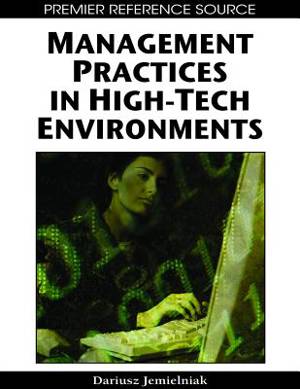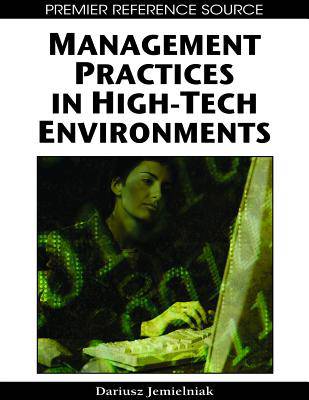
Bedankt voor het vertrouwen het afgelopen jaar! Om jou te bedanken bieden we GRATIS verzending (in België) aan op alles gedurende de hele maand januari.
- Afhalen na 1 uur in een winkel met voorraad
- In januari gratis thuislevering in België
- Ruim aanbod met 7 miljoen producten
Bedankt voor het vertrouwen het afgelopen jaar! Om jou te bedanken bieden we GRATIS verzending (in België) aan op alles gedurende de hele maand januari.
- Afhalen na 1 uur in een winkel met voorraad
- In januari gratis thuislevering in België
- Ruim aanbod met 7 miljoen producten
Zoeken
€ 251,95
+ 503 punten
Omschrijving
The concept of innovation management and learning organizations concepts strongly emphasize the high role of human/intellectual capital in the company and the crucial function of knowledge in modern society. However, there is often a paradox between managerial language and actual practice in many organizations: on one hand, knowledge-workers are perceived as the most valued members of organizations while, on the other, they are being manipulated and "engineered"-commonly driven to burn-out, and deprived of family life. All this leads to the emergence of new organizational phenomena that, up to now, have been insufficiently analyzed and described. Management Practices in High-Tech Environments studies this issue thoroughly from an international, comparative, cross-cultural perspective, presenting cutting-edge research on management practices in American, European, Asian and Middle-Eastern high-tech companies, with particular focus on fieldwork-driven, but reflective, contributions.
Specificaties
Betrokkenen
- Auteur(s):
- Uitgeverij:
Inhoud
- Aantal bladzijden:
- 428
- Taal:
- Engels
- Reeks:
Eigenschappen
- Productcode (EAN):
- 9781599045641
- Verschijningsdatum:
- 30/04/2008
- Uitvoering:
- Hardcover
- Formaat:
- Ongenaaid / garenloos gebonden
- Afmetingen:
- 219 mm x 282 mm
- Gewicht:
- 1496 g

Alleen bij Standaard Boekhandel
+ 503 punten op je klantenkaart van Standaard Boekhandel
Beoordelingen
We publiceren alleen reviews die voldoen aan de voorwaarden voor reviews. Bekijk onze voorwaarden voor reviews.









